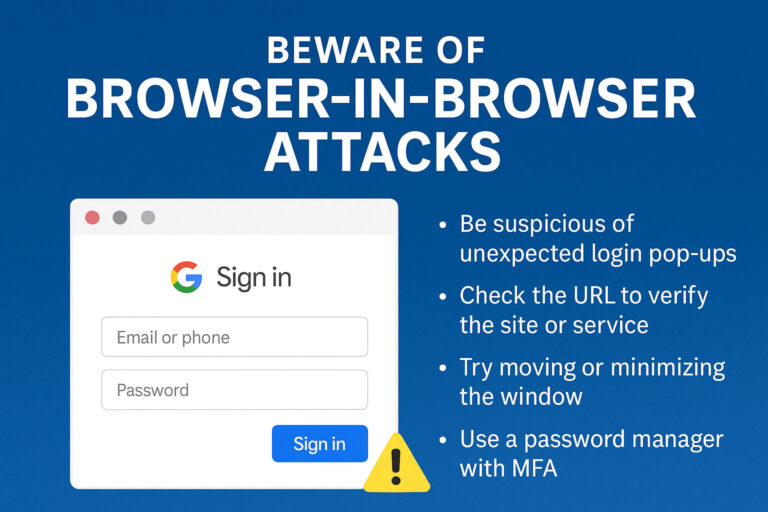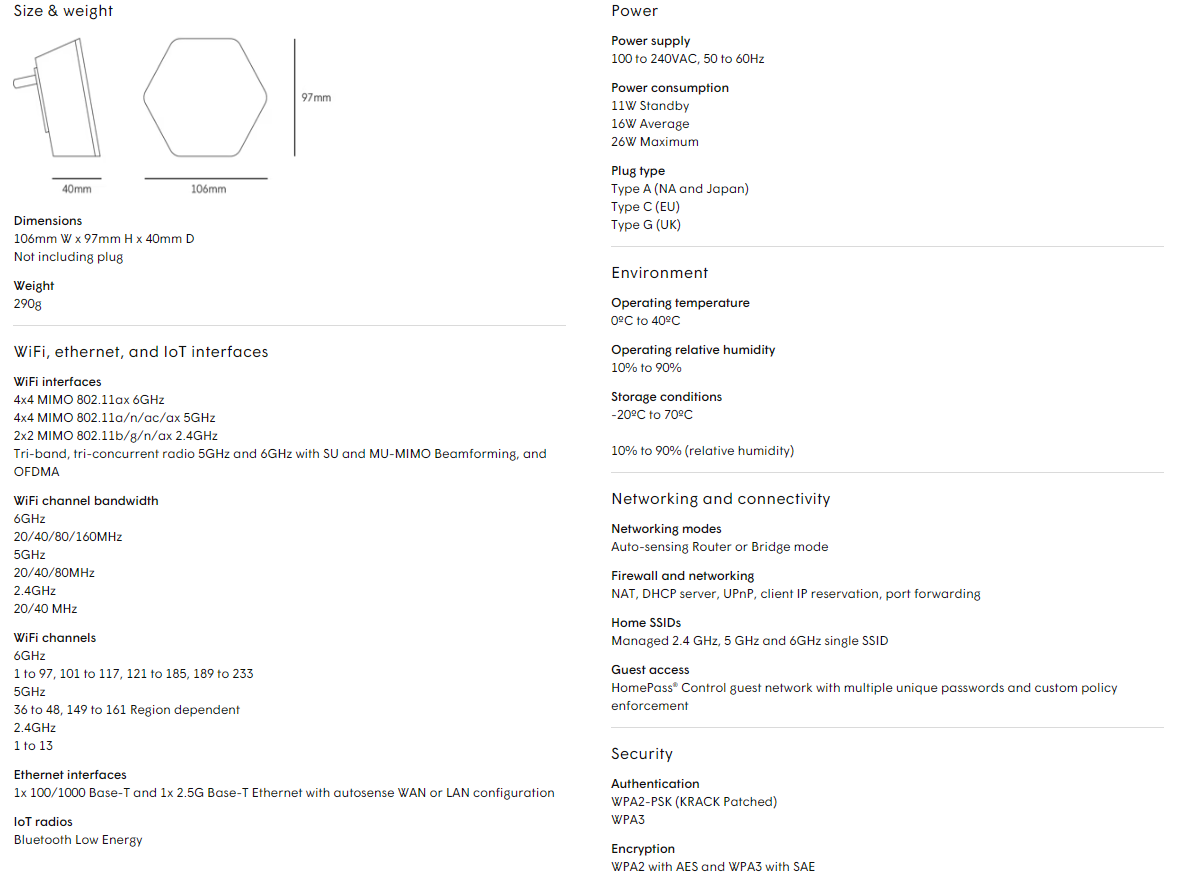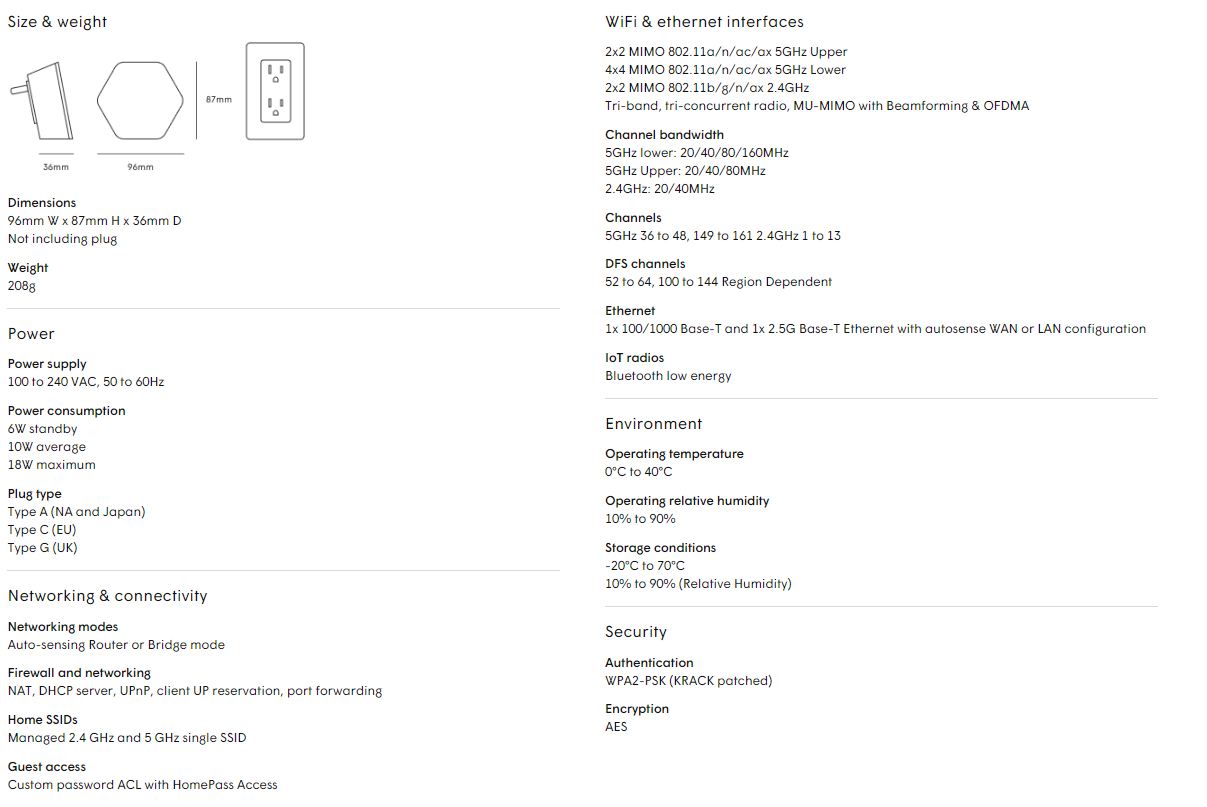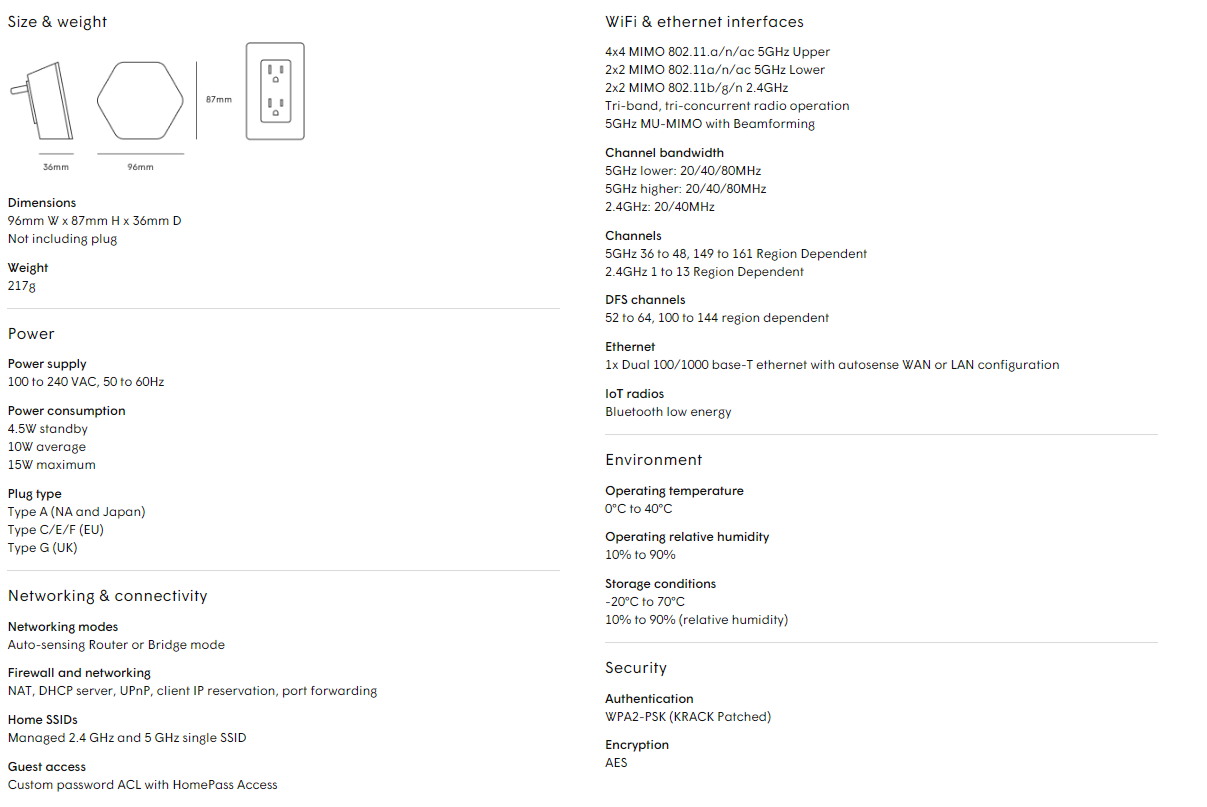Cybercriminals are always looking for new ways to steal your sensitive information. One of the latest methods they are using is SEO attacks with malicious PDF files.
SEO stands for search engine optimization. It is the process of improving the ranking of a website or document in search engine results pages (SERPs). Legitimate organizations use SEO to help their websites and documents appear more often in search results.
Cybercriminals use SEO to manipulate the top search results to show malicious PDF files. These files look like regular search results and will open in your browser when clicked. They are often designed to look like real websites and contain dangerous links. If you click one of these links, it could take you to a malicious website or download malware onto your device.
Here are some tips to help you stay safe from SEO attacks with malicious PDF files:
- Don’t trust the first search result. SEO attacks rely on impulsive clicks, so you can’t always trust the first search result. Read the titles and descriptions of the results to find what you’re looking for.
- Hover your mouse over the search result before clicking it. This will show you the full URL of the website. If the URL ends in “.pdf,” the search result leads to a PDF file, not a website.
- Be cautious before clicking any links in a PDF file. They could lead to malicious websites.
If you think you have clicked on a malicious PDF file, immediately close your browser and scan your computer for malware.
You can also protect yourself from SEO attacks by taking security awareness training. Citynet offers security awareness training from industry leader KnowBe4. This training will teach you how to identify and avoid phishing scams, malware attacks, and other online threats.
To learn more about Citynet’s security awareness training, click here or contact us online or call us now: 304.848.5400.
Stay safe online!








